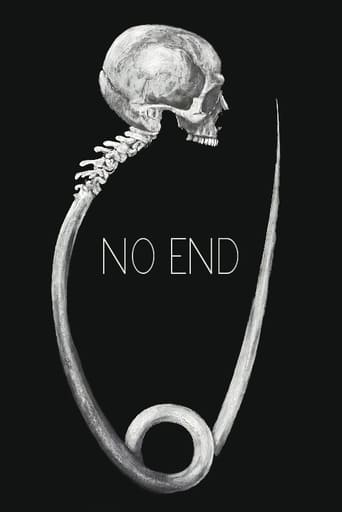

Am i the only one who thinks........Average?
... View MoreA Major Disappointment
... View MoreThere is definitely an excellent idea hidden in the background of the film. Unfortunately, it's difficult to find it.
... View MoreThere are moments that feel comical, some horrific, and some downright inspiring but the tonal shifts hardly matter as the end results come to a film that's perfect for this time.
... View MoreI state for the record that I did not understand this film fully. The second plot with Solidarnost protester imprisoned and released by the court is not completely clear to me. Yet it has little to do with politics and more with human condition (ideals, expectation, compromise). Prisoner's family doesn't react happily upon his immediate release in a court room. There is awkwardness and embarrassment in that scene, as if some unforgivable compromise has been made and it tainted all of their relationship. Accident scene with a death of motorist seems random but reoccurring theme in Kieslowskij movies. Randomness of death, randomness of existence. Movie is wonderfully shot , music (as always) is haunting. I just cannot put it all together in my mind like I could with Veronique.
... View MoreThis is a real pleasure to both eye and mind. The untimely demised Mr. Kislowski was a true genius of Polish cinema and with this excellent film he again proves it. The film is divided into two genres, if it may be said so - one is a mystic one, where we see the ghost of a dead Warsawa lawyer, Antek, when he watches his widow and his little son and their life from the ether and the only creature that sees him is a big black dog. The other plot is a deeply tragic and serious story about 1982's Poland, when the anti-Communist political movement called Solidarnosc (the Solidarity) was banned, the country suffered curfews, arrests and political trials.The widow of Antek, Ulla, is a famous translator, and she is devastated with her husband's death. She starts to help the wife of a man who is in prison, who was in Solidarnosc's actions and who was Antek's client. So, now that Antek is dead, another lawyer, his teacher, an elderly man takes the case, and his young assistant also helps him. The story tells us about the small and still tragic events of their lives. We see the unbent Solidarnosc activists, who meet secretly in their shabby apartments. We see Ulla's soul struggle when she is rushing from one extreme to another, having a quick date with an American, having help from the Solidarity people, having troubled relations with Antek's friend. We see and feel her pain, her mute suffering and her constant plea for her late husband. Finally, when the case is won, and that young man is released right during the trial, Ulla decides to take her life and finally join Antek. The cast is superb, we see young Marek Kondrat among others, we see other great actors and we feel the same pain they all suffer in those bleak, cold, merciless days of repressions and purges. A serious, earnest film for all who think.
... View MoreThis is an excellent film and a great discovery. It's from about ten years before The Double Life Of Veronica and the Three Colours trilogy and is, it its way, equally good. It almost certainly inspired Truly, Madly, Deeply because the main story is about a young lawyer, Antek Zyro (Jerzy Radziwilowicz) who tells us at the outset that he is dead and spends the remainder of the film watching over his widow and young son. Grazyna Szpapolowska is outstanding, not to say beautiful, as the widow who 'feels' her husband everywhere and tries a variety of remedies - hypnosis, casual sex - to dispel his presence all to no avail. It's a stunning film shot in muted blue tones throughout and well worth a visit. 9/10
... View MoreThe narrative in this film is far too flawed. There are two intertwining halves of it, one good, one poor. The good one involves a woman, Ulla, whose husband died suddenly and unexpectedly one morning while he waited in his car to take their son to school. Now he gently haunts his family as they deal with the pain. The acting is magnificent here. Kieslowski is masterful at directing his actors in material like this, as he would show a million different times in The Decalogue, made a few years later. There are a few outrageously and subtly powerful scenes. Most memorable is the one where Ulla decides to prostitute herself to a British tourist. This happens about a month after her husband has died. After the man has sex with her, she asks him if he speaks Polish. He says no, and then she begins to talk about her problems in Polish. The other half of the plot is utterly weak in comparison. The husband was a lawyer, and the defendant in the case he was working on is screwed because of the death. The defendant's wife comes to Ulla for help, and though she is refused help at first, Ulla eventually introduces her to her husband's mentor, a cynical old man about to be kicked out of the business. Perhaps it's just my aversion to lawyer and courtroom dramas, but I just didn't care a lick what happened in this part of the plot. Supposedly it's meant as a criticism against the Communist law at the time. I don't know. It's dull whatever it is. But the film is slightly worth watching, especially for the acting. Even in the parts that I didn't care for, the acting is exquisite. 7/10.
... View More